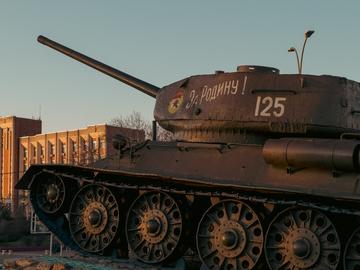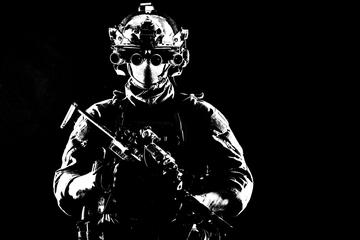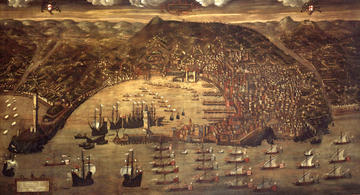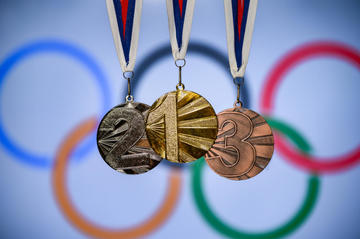
Giorgio Comai - Senior researcher and data cruncher
PhD at Dublin City University, MA in East European Studies and degree in Political Science from the University of Bologna. He is an expert on post-Soviet affairs, with research focusing in particular on de facto states and on different approaches for the bulk extraction and analysis of textual contents form the web in this context. He is the author of a text-mining package for the R programming language. He is member of the board of directors of Asiac, Italy’s academic association for the study of Central Asia and the Caucasus. Exchange student at Jagiellonian University in Cracow, Poland, and Russian State University for the Humanities in Moscow, Russia; he has been visiting regularly Russia and other post-Soviet countries since 2000. He speaks fluently Russian and Romanian.











